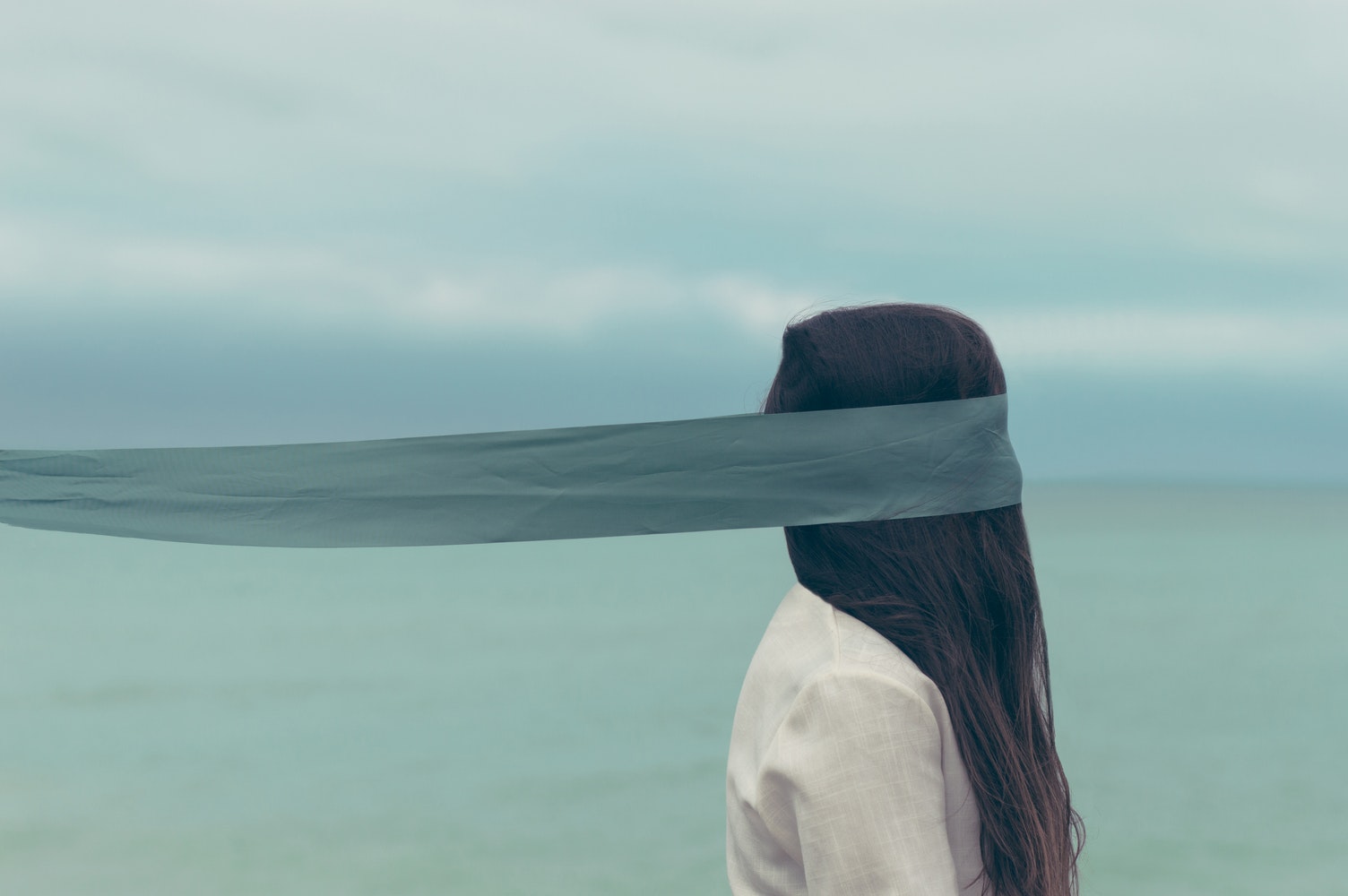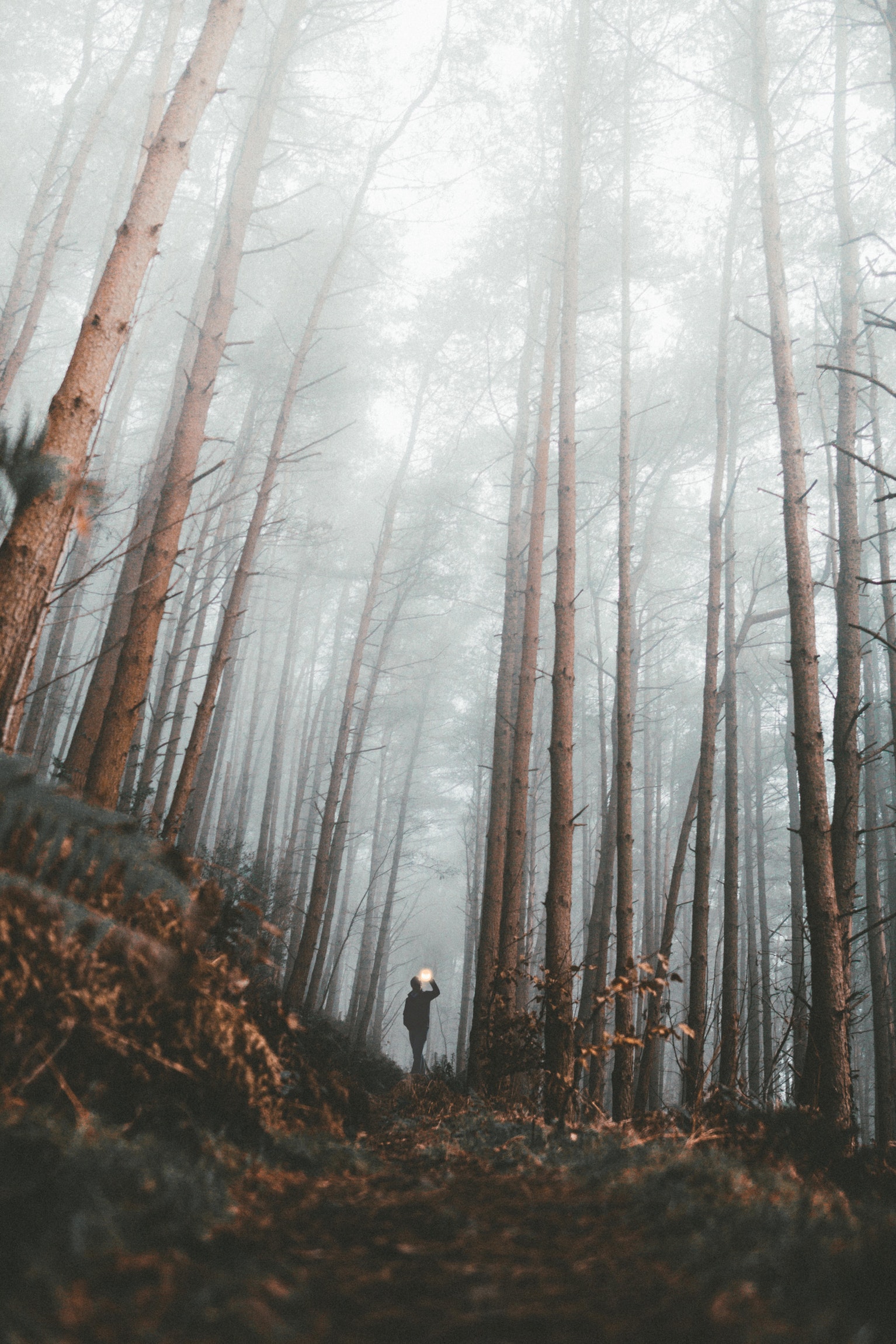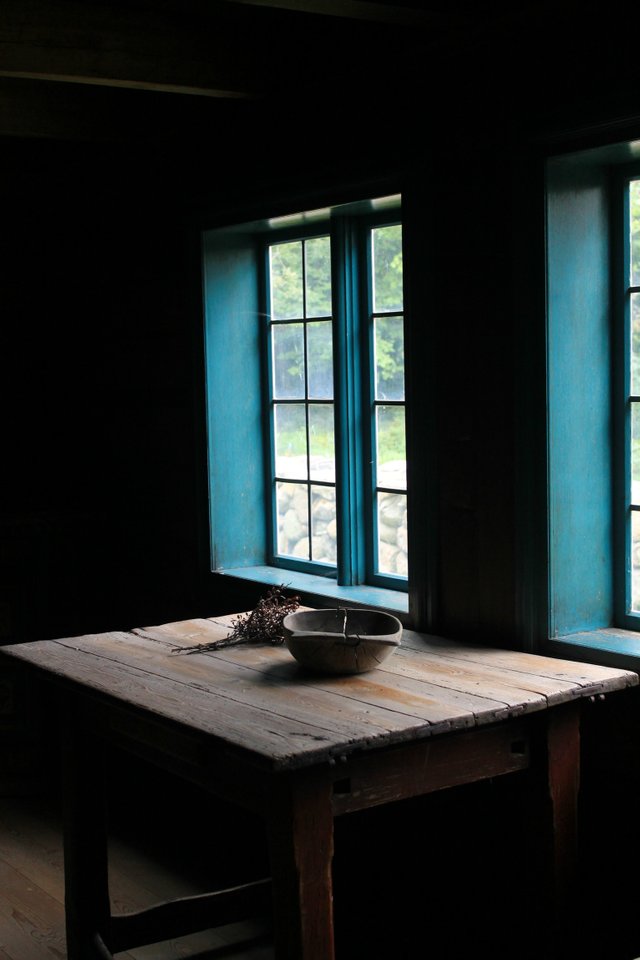Notes on Silence — Part 2
It may seem like a betrayal to speak of silence, to break an unspoken pact. Yet, whether we are conscious of it or not, it is there, inextricably woven into the fabric of our lives. As Sufi poet Rumi writes, “a person does not speak with words. Truth and affinity draws people. Words are only a pretext.” It exists in the gaps between our words and encounters with the natural world. In fact, silence is a platform from which we observe and interrogate ourselves and our world.
What’s more, silence is a prerequisite for certain vital solitary activities, such as contemplation, meditation, prayer, healing, as well as overhearing the dictates of our conscience. But, ubiquity does not ensure intimacy. Thus, silence, this quiet capital of riches, is both under-considered and undervalued. Perhaps by learning to recognize our silences in their many guises, we may begin to demystify them and make them more intimate.
Whether longed for or reviled, summoned or thrust upon us, silence is an inescapable force in our lives. Yet curiously, as a discipline, Western Philosophy seems not to have deeply investigated this constant presence -- leaving it up to spirituality, poetry and psychology to explore this elusive territory.
Perhaps for philosophers, maddened by their own music -- as they tend to be -- this slippery subject is perceived as a kind of rebuke to philosophy’s lust for logic and systems. In the words of that rare Western philosopher, Wittgenstein, who acknowledges the limits of reason and the sayable: “Whereof one cannot speak, thereof one must be silent.”
Yet contemplatives, poets and thinkers alike, have long hinted at a wisdom beyond words, straining the limits of language and sense, to describe the ineffable. And, even if this love of silence (and attendant solitude) is not explicitly expressed in works of philosophy, it is behind the scenes in the lives of philosophers, often informing their utterances and positions.
This is the case of that great solitary thinker Friedrich Nietzsche, for example, who wrote in Thus Spoke Zarathustra: "It is the stillest words which bring the storm. Thoughts that come on doves’ feet guide the world." Likewise for Samuel Beckett who, in his plays, seemed to be heading towards silence -- such that, in works like Breath or Act Without Words, it almost comes to overtake speech.
Still, rather than being defined negatively -- as the absence or perhaps failure of words -- silence may instead be viewed positively as somehow existing before and beyond representation, a primordial essence that lurks beneath our constructed world. In the immortal formulation of Tao Te Ching: “Returning to the root is silence/Silence is returning to being.”
Just a pause in speech can offer us an unexpected glimpse of this -- sending us spiraling down the black hole of silence, where matters are more dense, and consciousness itself seems more intense. As the silence-revering writer Emile Cioran observes, “A sudden silence in the middle of a conversation suddenly brings us back to essentials: it reveals how dearly we must pay for the invention of speech.”
It is, in silence, that things patiently unfurl, open up and trust us with their secrets, or reveal their hidden natures -- be they shy ideas or creatures, daybreak or a work of art. In this fundamental and seemingly privileged state, what seems to elude the world of words and sound may otherwise appear to dawn on us; perhaps since we are now in the position to overhear ourselves and tell ourselves that which we already know. Unsurprisingly, realizations and revelations are forged in this realm. Silence is, after all, the best response and conduit for our most profound experiences: Awe, Love, Death.
CULTURE OF NOISE
Perhaps more than ever before, it has become necessary to speak up in praise of silence, as an attempt to redress the balance in a cacophonic contemporary culture that appears alternately suspicious or outright contemptuous of silence. Living as we do, in the busyness of this modern world -- hooked up, beeping and under the false imperative of needing to keep in touch with everything -- we find ourselves in the unhealthy situation of losing our silences and the sustenance that comes with them.
So we desperately rush, hurling ourselves from one activity to the next, without ever pausing to process what it is we’ve learned, or dilute the concentration of experience with reflection. To combat the distraction of noise, we may turn to the discipline of silence which, practiced consciously, can be as much of a renunciation as fasting -- or the ascetic exercise of denying the physical body in order to nourish our spiritual entity.
As it is, the erosion of silence in our lives is unmistakably connected with our noise-ravaged nerves, or increased stress levels, as well as increasingly shortened attention spans. This, in turn, negatively affects our ability to both think and feel deeply in order to sift through the deluge of stimulus that informs our hurried and harried days. To the list of offenses resulting from the loss of our silences we may add the corruption of the art of conversation; since no matter how effortless or ephemeral good talk may sound it is invariably rooted in, and the product of, sustained private reflection.
Previously a portal to silence, the culture of reading is currently imperiled in favor of ‘information snacking’ to accommodate our hectic schedules. This, coupled with the media’s shrill and insistent competition for our attention, makes it necessary to guard our silences even more vigilantly. In this context, for example, we can more closely examine how the Internet affects our concentration and capacity for critical thinking. (Author Nicholas Carr’s critical and provocative article, "Is Google Making Us Stupid?: What the Internet is Doing to Our Brains" -- The Atlantic, July/August 2008 -- might serve as a thoughtful point of entry regarding this controversial debate).
If French philosopher Blaise Pascal is correct, that “all of humanity’s problems stem from man’s inability to sit quietly in a room alone,” then the proliferation of talk and reality shows may be seen as symptomatic of our cultural malaise. Namely, reality shows, which actually serve to distract us from reality, or being present to ourselves, are precisely a reflection of our collective “inability to sit quietly in a room alone.”
Just like silence, noise, too, can be the absence of sound. Noise is also the silent invasion of our inner spaces by the clutter of undigested information and unsorted emotions that pile up throughout the days and weeks. With our private spaces thus encroached upon, we risk becoming alienated from ourselves until our lives are something foreign to us.
Rather than allow ourselves to be shoved into the bathroom -- perhaps the last sanctuary of personal space and reflection -- we should instead question the necessity or merit of amusing and multi-tasking ourselves to death. Against the odds, of what at times appears to be a conspiracy of noise, we must try to assert our birthright to retreat, reflect and regenerate.
Solitude tends to produce an understanding of our own limitations, and forces us to seek our own council in dealing with them. And, in turn, the insights and greater self-awareness attained in solitude eventually need to be tested in the company of others.

Emerson sums this up succinctly: “it is easy in the world to live after the world's opinion; it is easy in solitude after our own; but the great man is he who in the midst of the crowd keeps with perfect sweetness the independence of solitude.”
Yet, silence, like any controlled substance, must be handled with care. Initiates, or masters of silence -- such as solitaries, thinkers, monks, hermits, and ascetics -- have long known how to mine it for fortitude and insight, or to arrive at ecstasis (to be or stand outside oneself). But it is up to each individual to determine how much is desirable or useful; as too much of this good thing might be counterproductive for some, even dangerous -- leading to despair, madness or even suicide.
Just as the monastery and institutionalized silence are not for everyone, so too extended travels to the foreign land of silence are not for tourists. Snake-handlers of the spirit -- those versed in playing with dangerous things -- may engage deeply with the death-in-living that is desert dwelling, the soul-trials of solitude, or even their own shifting images in the mirror.
Others, less practiced, might not endure such extreme experiences (of the Limit), and might emerge damaged. Which is to say, striking out fearlessly into treacherous, interior territories is not for dilettantes; and deep and prolonged silence might prove the undoing of those who flirt with it, ill-equipped.
“Social intercourse seduces one into self-contemplation,” muses writer Franz Kafka. The aim, then, is to try to find that healthy balance -- between silent fasts and noise feasts -- on the slippery road to moderation.
© Yahia Lababidi
Part of my post appeared, here: http://www.artsandopinion.com/2009_v8_n2/lababidi.htm
(Images: Pixabay)
If you enjoyed this essay, I hope you'll also like these posts:
Notes on Silence—Part 1: https://steemit.com/writing/@yahialababidi/notes-on-silence-part-1
How Books Can Be Like (Ex)Lovers: https://steemit.com/writing/@yahialababidi/how-books-can-be-like-ex-lovers
You'll Know—Short, Spiritual Meditation on DSound: https://steemit.com/dsound/@yahialababidi/short-spiritual-meditation--dsound-recording-2--youll-know-original-poem
You, Again?—Original Poem: https://steemit.com/poetry/@yahialababidi/you-again-original-poem





!
I was thinking of you, tonight, and hoping you would find this... @mjhomb 🙏🏼
I have been enjoying all of your posts @yahialababidi
Very gratifying to hear, @mjhomb, I hope to remain worthy of your attention :)
what struck me most upon the silence of completing my reading of the article, but still firmly in the mind of putting the message though the filter of my experiences, is that I am incredibly grateful for your closing disclaimer, the balancing.
While silence has often been a good friend to me, there were times when I know I sought it not as a comfort or to seek wisdom or contemplate on the interrogatives, but to sequester myself from joy.
No fault of silence, I think, but, like you alluded to, the misuse of a powerful tool by a me who thought they knew enough to aimlessly venture into a foreign place without a map and no direction.
Even when I was in my musician days, I never bought into the 'you should suffer for your art'or the 'art that is a result of suffering justifies the suffering' motifs, and even less so now. Silence is repurposed as a different form of noise, I think, for those pursuing it from those places.
Cultures affirmation and idolization of these modes of thinking is a great tragedy to me and has brought tragedy into the lives of some close to me, so I was just chuffed to see you so highlight it in this piece in defense of silence - a defense that, I much agree, is botheringly needed more and more these days.
I should spend more time commending your gathering of different thinkers, the power that you wove into this piece through the sharing of personal antecedents backed by your own wisdom and the wisdom of those referenced, so I'm closing with this to try and impart some balance to my response ^_^
Thank you, Yahia - I am so fortunate to read so much these days, yet it is times when I come across reads like this (and your first:, the highlighting of the holy places of silence - for me, the hours between dusk and dawn) that I have to fend away old trappings of wishing for more hours in the day.
But it is also pieces like these that remind me how grateful I am for the hours that led me here and were given to me to contemplate silence in silence after reading the words of a thinker who has all my respect.
Thank you so much for the share, good sir.
My Dear Alain, @carmalain7
Even grateful for this quiet understanding:
"the misuse of a powerful tool by a me who thought they knew enough to aimlessly venture into a foreign place without a map and no direction."
and, how, if we're not careful things curdle into their opposites: "Silence is re purposed as a different form of noise, I think, for those pursuing it from those places."
I flirted with disaster as a younger man, romantic suffering and worse. Mercifully, you're healthier than I am, and @d-pend and the poetry community on Steemit are lucky to have you, here. Trying to guard my silences and solitude less jealously and participate more.
Thank you, for your patience, indulgence and sensitivity in drawing me out. And, I wish you continued success with your own art, and the art of living. Warmly,
Yahia
Beautiful article man!
Encouraging to hear, @futurethinker! I’m grateful my silences resonated with you.
A really interesting read! I have had a lot of experiences that left me out of words, but there is always a feeling of pressure to express yourself about how it made you feel, when in truth the experience might be better and more complete if left unspoken!
Thank you, @VikingAbroad, for reading. It's our instinct as humans to want to communicate, describe, share. But, you're right; there are some experiences best kept to oneself, where they might grow in depth/intensity...
excellent post friend. It gives us a lot to think about, and that is when we do not stop to analyze situations we lose ourselves of the importance of learning from the experiences that happen to us because we apipure ourselves to do other activities, and that we do not value the beauty of silence and the deep relationship of our mind and soul, greetings
Thanks, for sharing your thoughts. Yes, it's important to take time to slow down and process--also to balance our time spent socializing with quiet time for reflection. Saludos, Yahia